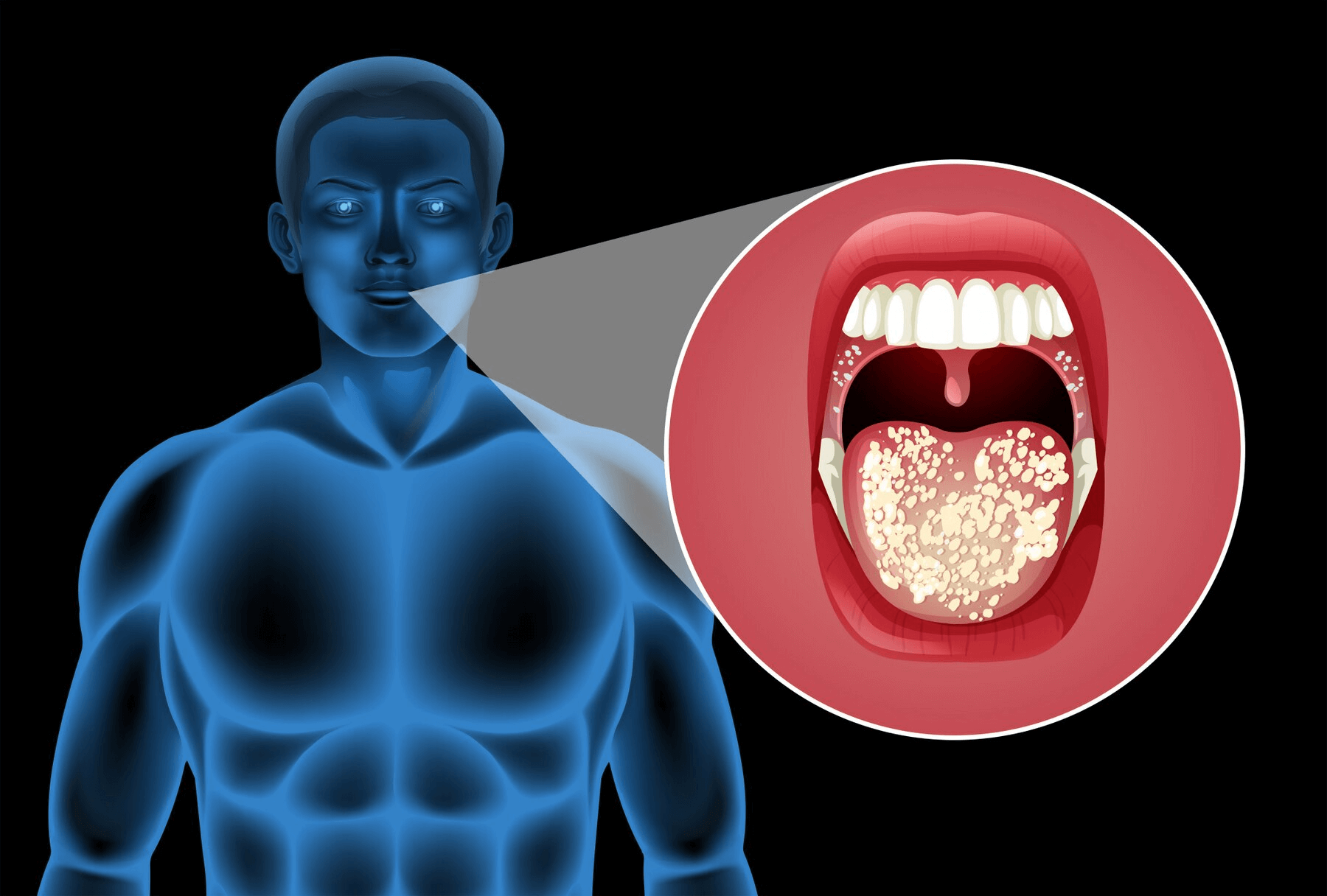The Mouth–Body Connection: Rethinking How We Insure Our Health
The Mouth–Body Connection: Rethinking How We Insure Our Health
It’s a great point—after all, your mouth is part of your body!
“There’s long been a disconnect between the mouth and the rest of the body,” says Dr. Chuck Reinertsen, founder of The Dental Medical Convergence. “Think about it—when was the last time your doctor asked about your oral health?”
That separation is outdated. Decades of research have provided proof that backs the oral and systemic health connection. Your mouth is full of good and bad bacteria, and without good hygiene, harmful bacteria can cause infections that spread through your bloodstream to other areas of the body.
The Mouth–Body Connection
Gum disease (periodontal disease) has been linked to serious health issues like:

Why Regular Dental Visits Matter
Unfortunately, many people deny themselves dental visits because they lack dental insurance. According to the CDC, only about 50% of Americans aged 18–64 with private health insurance also have dental coverage. But here’s the good news:

Dental insurance is not required for a dental visit.
Most dentists recommend cleanings every six months. These visits are not just for polishing your teeth—they’re opportunities to catch early signs of oral cancer, infections, or disease before they become major health problems. Preventive care is far less expensive than treating advanced issues, and cleanings typically cost between $100 and $200 without insurance.
Bridging the Gap Between Medicine and Dentistry
Despite the growing evidence linking oral and overall health, the medical and dental worlds still operate separately. It’s time to change that. We encourage open communication between your dentist and your doctor. Share the results of your dental visits with your physician — they might spot a larger issue that began in your mouth.
To help you start that conversation, we’ve created a downloadable guide with five smart questions to ask your dentist, plus a handy checklist to bring to your next appointment.
Have a Question About Oral Health?
We’d love to hear from you! Send your questions to AMA@thedentalmedicalconvergence.org, and Dr. Chuck will address them in a future post.
